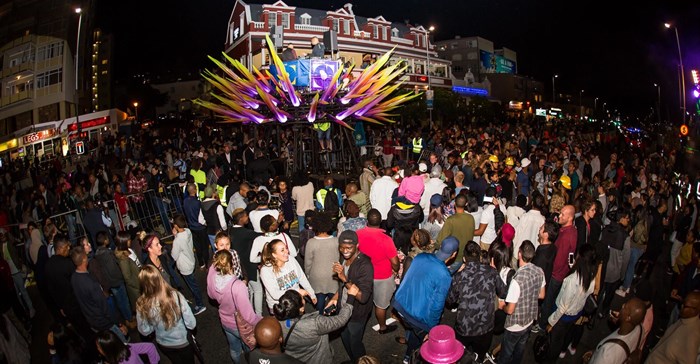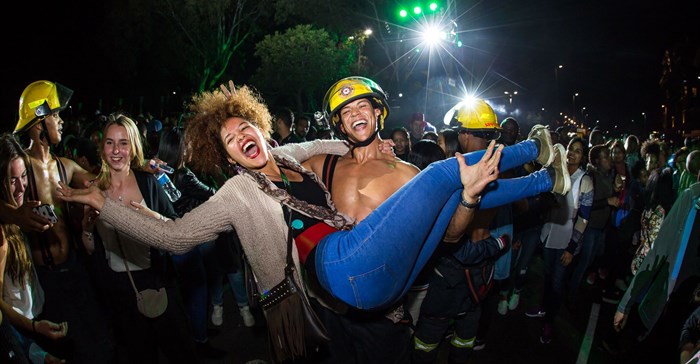According to a socio-economic impact study of the 2017 Cape Town Carnival released this week by the South African Cultural Observatory (SACO) which details the overall impact of the popular festival and its reception by audiences, the carnival is generating economic benefits for the city and creative industries, alongside social cohesion and stimulation of the creative economy.
The SACO, a creative economy think tank and the research arm of the Department of Arts and Culture, said the economic impact of the 2017 Cape Town Carnival on the economy of Cape Town was R41.14m.
“The carnival is a celebration of culture, creativity and collaboration – and yields both real financial and social returns. The economic impact of R41m includes multiplier effects and excludes local sponsorship, but there are many other social benefits arising from this event which we are also interested in,” said Jen Snowball, SACO chief research strategist, and economics lecturer at Rhodes University.
The Cape Town Carnival is a six-month production that culminates in a one-day parade that has grown ‘significantly’ since it was launched in 2010 to accommodating about two dozen floats, an estimated 50,000 spectators, 1,900 performers and 50 participating groups.
The 2016 SACO Framework for the Monitoring and Evaluation of Publically Funded Arts, Culture and Heritage was used to conduct the research which was completed in collaboration with SADC Research Centre.
Tracking and measuring different economic, social and intrinsic values
The framework considers five broad thematic areas for tracking and evaluating projects. These include audience development and education; human capital/ professional capacity building; inclusive economic growth; social cohesion and community development; and reflexive and engaged citizens.
These themes speak to a mix of economic, social and intrinsic values and are supported by a range of indicators that can be used to measure different values.
Darryn Durno, director of the SADC Research Centre said: “The main aims of the event included providing opportunities for community participation and networking, building social cohesion, building tourism and job creation. The research shows that these goals are being achieved and that there are high levels of trust between participants and organisers; and a sense of diversity.”
Data was collected via interviews with audiences, data provided by organisers, and focus group discussions held with community participants in the parade.
Snowball added that the carnival has both loyal repeat visitors (54% had attended before) and the ability to attract first-time attendees.
Of those attending, 40% of the audience rated the event as ‘world class’, with 46% rating it ‘good for South Africa’. Overall, 80% of the attendees rated it ‘great’ in terms of the cultural diversity of the parade.
The results from the event will be discussed at the upcoming SACO 2018 International Conference in Port Elizabeth on 7 and 8 March 2018. The 2018 Cape Town Carnival, themed Mother City, Mother Nature takes place 10 days later on 17 March 2018.
Cape Town Carnival 2017 statistics by numbers:
• Economic impact on the economy of Cape Town was R41m in 2017.
• Average spending per person was R441.
• 44,900 people attended.
• 55% of visitors were from South Africa, mostly from Western Cape, Gauteng and KwaZulu-Natal.
• 45% of visitors were from outside South Africa.
• The average length of stay in Cape Town was 5.6 nights.
• Non-locals, first round net spending was about R13.8m.
• 80% rated the atmosphere ‘great’.
• 65% of the audience was younger than 35 years old, 57% were coloured and 21% were black African.










































